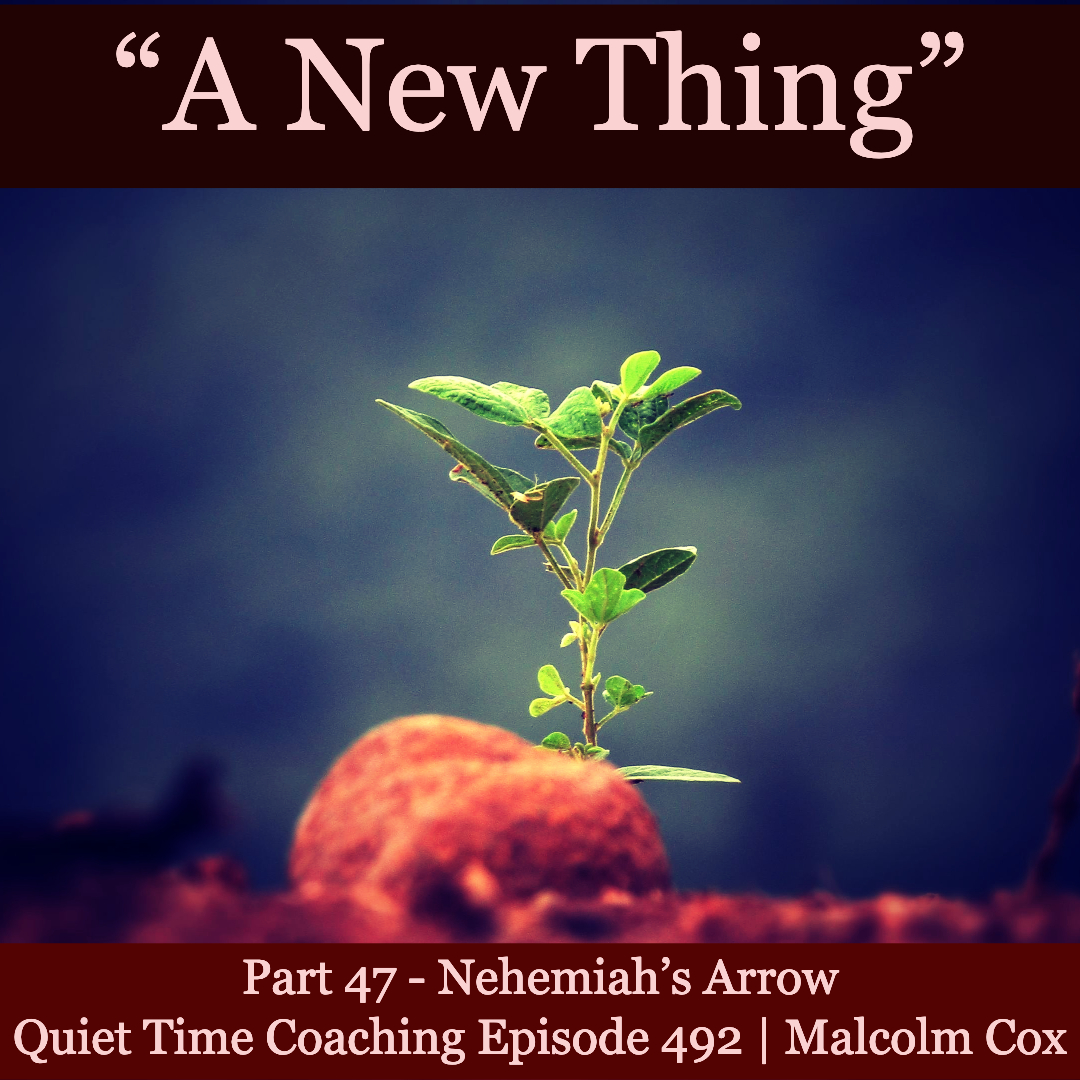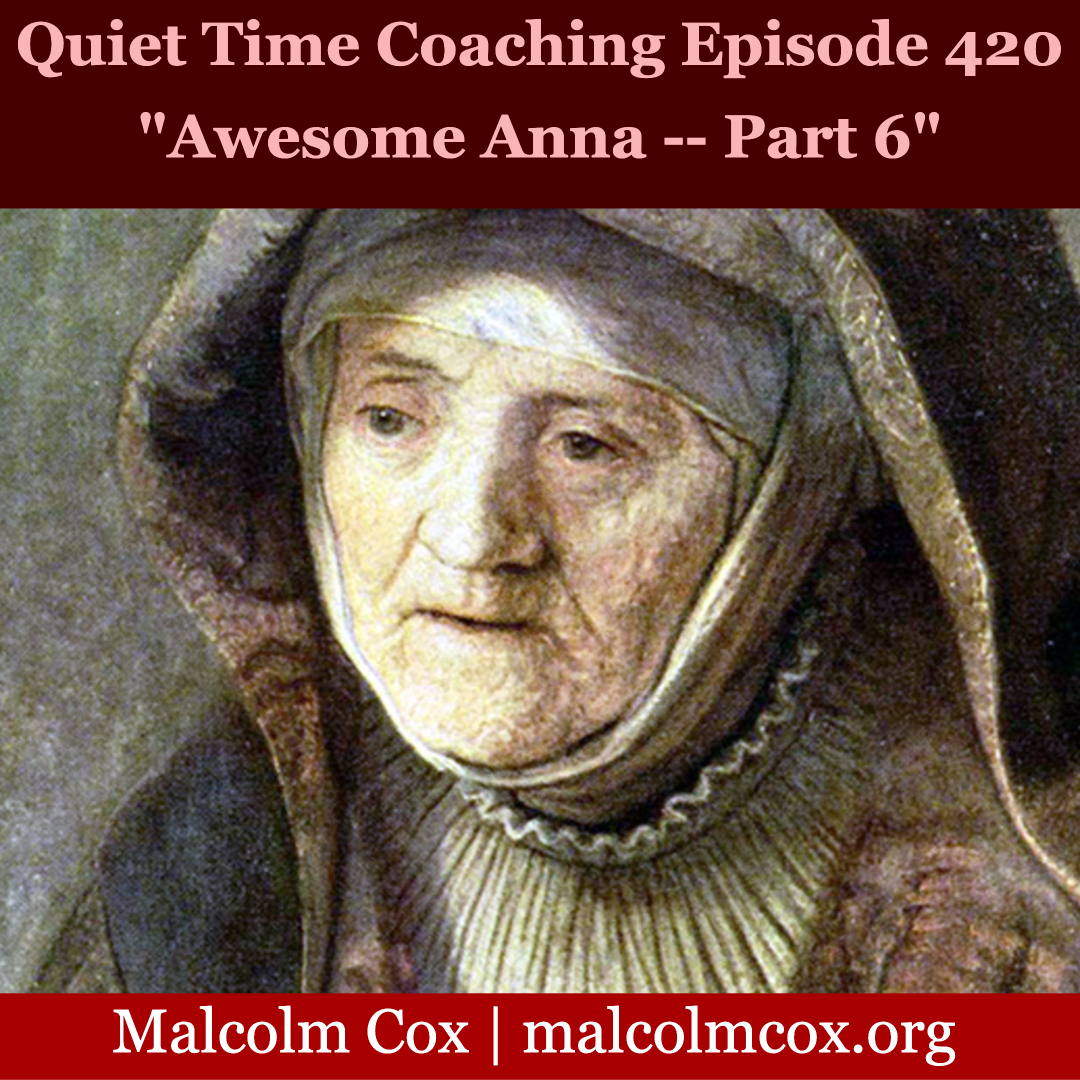
We continue our series today based on the book, “Unloading the Overload: Stress management for Christians” by Chris Powell and Graham Barker.
Today we explore the issue of redefining ourselves. How does our view of ourselves and the ways others think of us effect our times of quiet with God?
We will never grow to maturity in Christ unless we deal with the inner life. Our times of quiet with God are our primary opportunity to help us become develop the inner life and become more like Jesus. At times we have to deal with external barriers to this development, but a more common and pervasive challenge is what is going on internally.
In other words, we can be our own worst enemy.
However, it doesn’t have to be this way.
Our times of quiet help us to develop emotional maturity. This maturity is not a position, but a process. As we go through life we develop healthily as we better understand and experience the ability to form our own independent convictions, whilst still remaining connected to community.
Jesus was at a key development point in his life when he made a decision of independence to stay behind and engage with the teachers in the temple, whilst still understanding his need to be obedient to his parents (Luke 2:41-52).
This emotional maturity is dependent on us developing a healthy self-image. An image of ourselves as God sees us. Most clearly articulated in Genesis 1:27:
“So God created mankind in his own image, in the image of God he created them; male and female he created them.” (Genesis 1:27 NIV11)
As the writers of the book put it:
“This is really the only solid basis for a good self-image. Other options are poor. Public adulation, financial success, sexual conquests, material acquisitions, you name it – all give temporary satisfaction but have long-term negative impacts on life. They never suffice, and chasing more simply creates more overload.” (p71)
What to do? Some time spent reading, meditating and praying through Philippians 2:1-8 could well help:
“Therefore if you have any encouragement from being united with Christ, if any comfort from his love, if any common sharing in the Spirit, if any tenderness and compassion, then make my joy complete by being like-minded, having the same love, being one in spirit and of one mind. Do nothing out of selfish ambition or vain conceit. Rather, in humility value others above yourselves, not looking to your own interests but each of you to the interests of the others. In your relationships with one another, have the same mindset as Christ Jesus: Who, being in very nature God, did not consider equality with God something to be used to his own advantage; rather, he made himself nothing by taking the very nature of a servant, being made in human likeness. And being found in appearance as a man, he humbled himself by becoming obedient to death—even death on a cross!” (Philippians 2:1–8 NIV11)
We see in this passage that Jesus sets us the example of someone who considered the needs of others more important than his own. But, this did not mean he did what people wanted him to do or asked him to do. He did what they needed him to do. What a helpful distinction!
It means I don’t have to live to please people. I don’t have to live to make people feel good. I don’t have to prove myself by how much I do for other people. I only have to connect with what God reveals as to how to help people according to what he has called me to do.
Jesus poured himself out for people, but he still had boundaries. There were many he did not heal and countless numbers to whom he did not preach. He gave his whole heart to the few so that in the end the many could be blessed.
Is this a message you need to hear? I think I do. At times I do things for others that they could and should do for themselves. On other occasions I’m not quite sure about my motives. Do I teach and preach, arrange services, meet with people and lead worship because it is what people need, or do I do it to make me feel good?
This, of course, is not always an easy question to answer. Again, this is why we need our times of quiet with God. Let’s finish with three suggestions which can help us with these challenges.
- Spend some time connecting with God’s love and reminding yourself, and allowing God to remind you, that his love for you is enough. You do not have to prove yourself to him or other people.
- Pray for wisdom that God would reveal to you when you are acting to meet the needs of others that God has called you to, or whether you’re acting to bolster your self-image in the eyes of God, yourself or others. Ask God to reveal your motives.
- Read, meditate over and pray about the themes of Philippians 2:1-8.
What helps you to redefine yourself? To strip away whatever is from an unhealthy and inaccurate perspective, and replace it with the only view that truly matters – that of our maker and Father God.
Do you have any tips you could share that might help us ?
Scriptures referred to or that you might find useful: Genesis 1.27; 1 Corinthians 2.15-16; 12.1ff; Philippians 2.1-8.
Please add your comments on this week’s topic. We learn best when we learn in community.
Do you have a question about teaching the Bible? Is it theological, technical, practical? Send me your questions or suggestions. Here’s the email: malcolm@malcolmcox.org.
If you’d like a copy of my free eBook on spiritual disciplines, “How God grows His people”, sign up at my website: http://www.malcolmcox.org.
Please pass the link on, subscribe, leave a review.
God bless, Malcolm
PS: You might also be interested in my book: “An elephant’s swimming pool”, a devotional look at the Gospel of John


